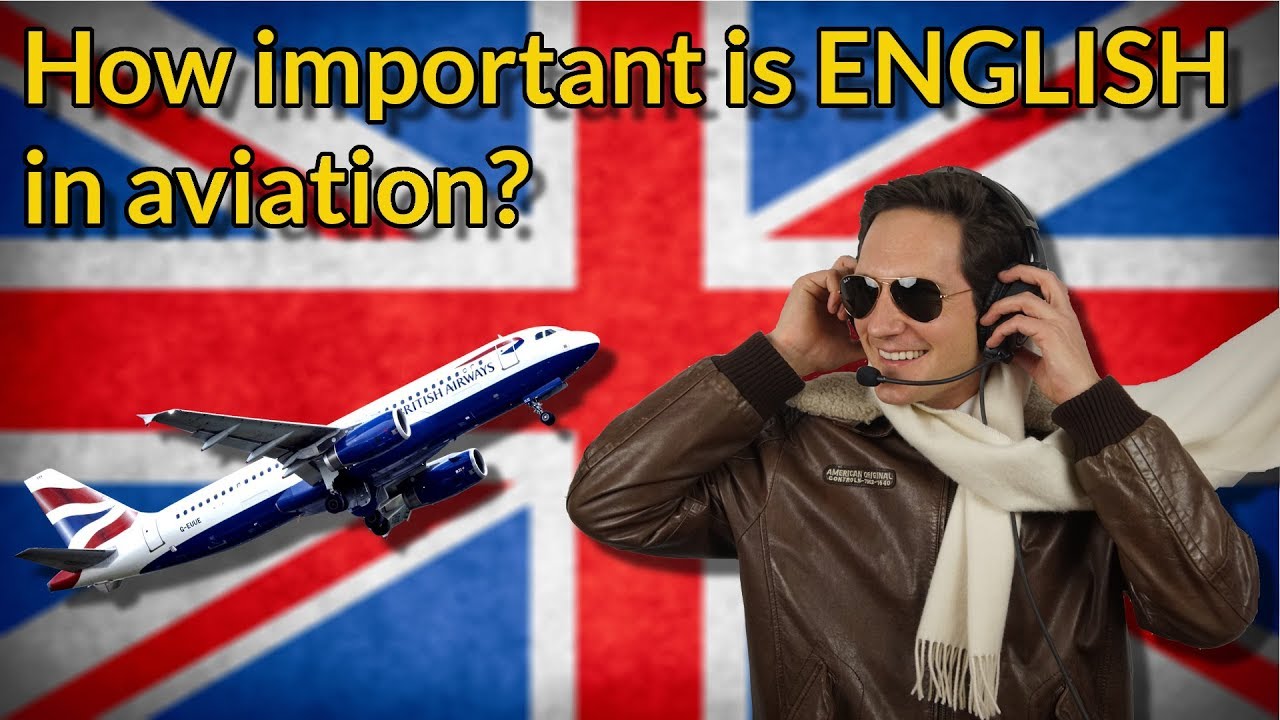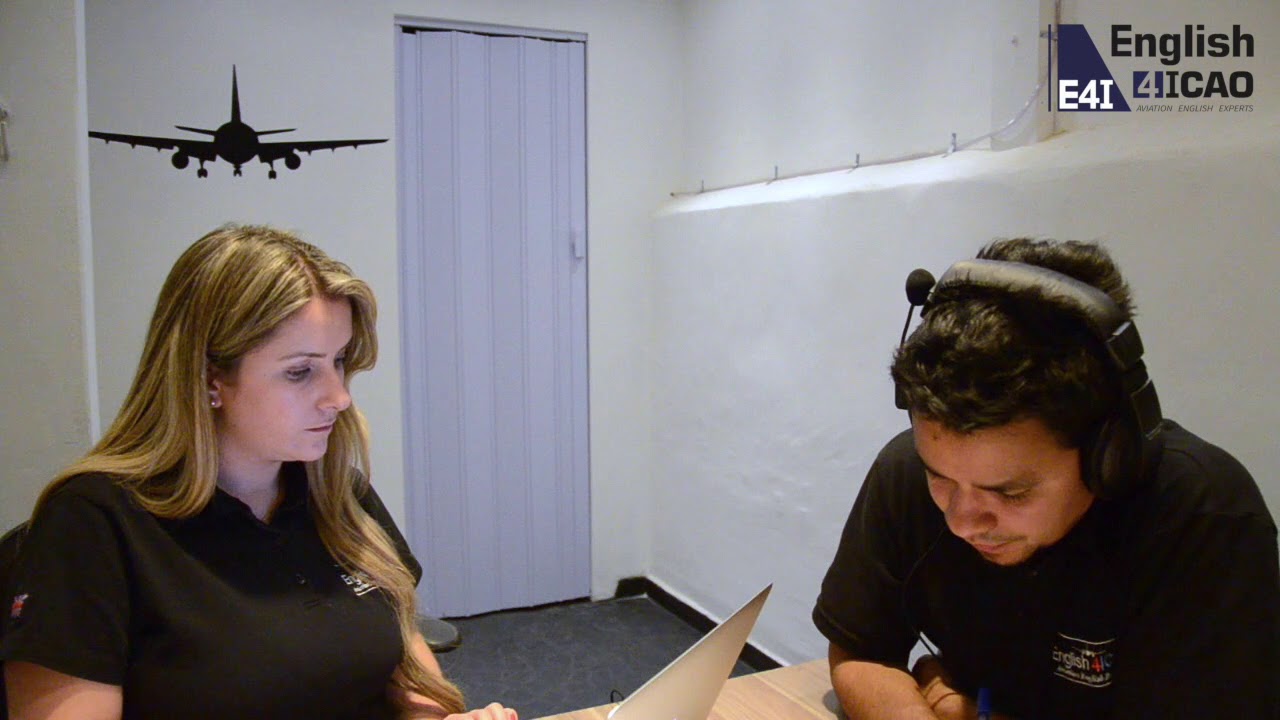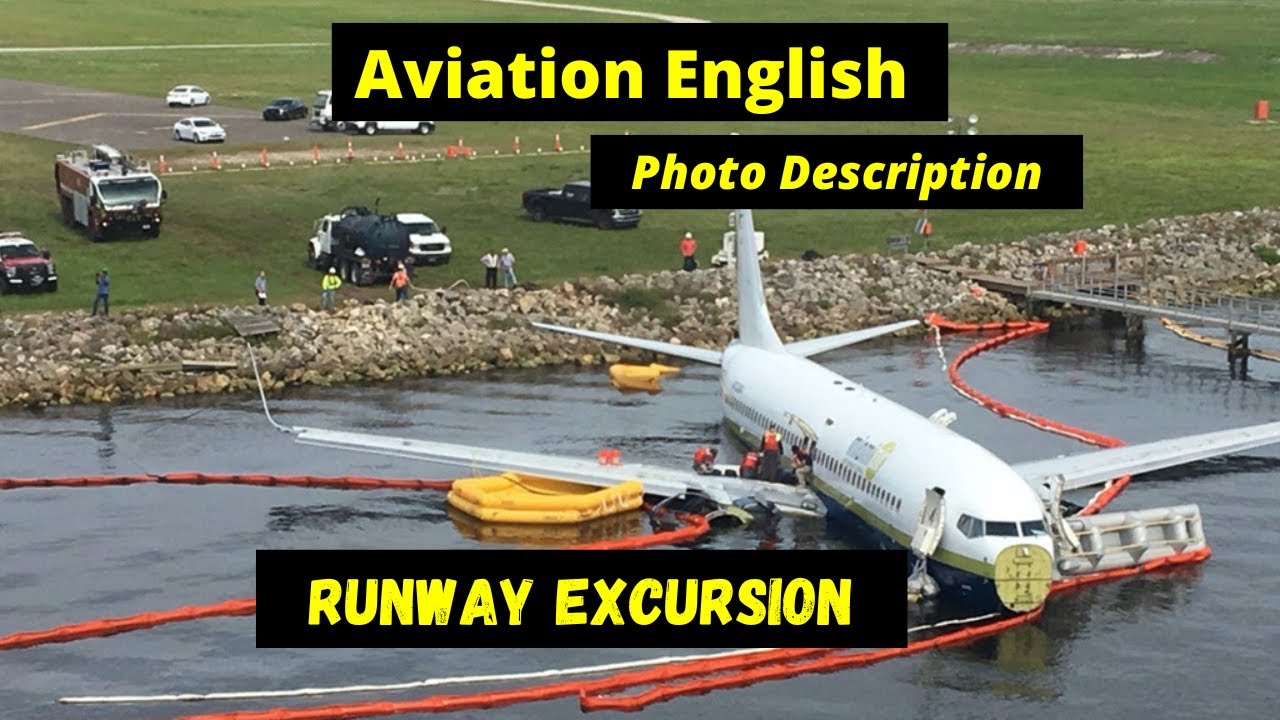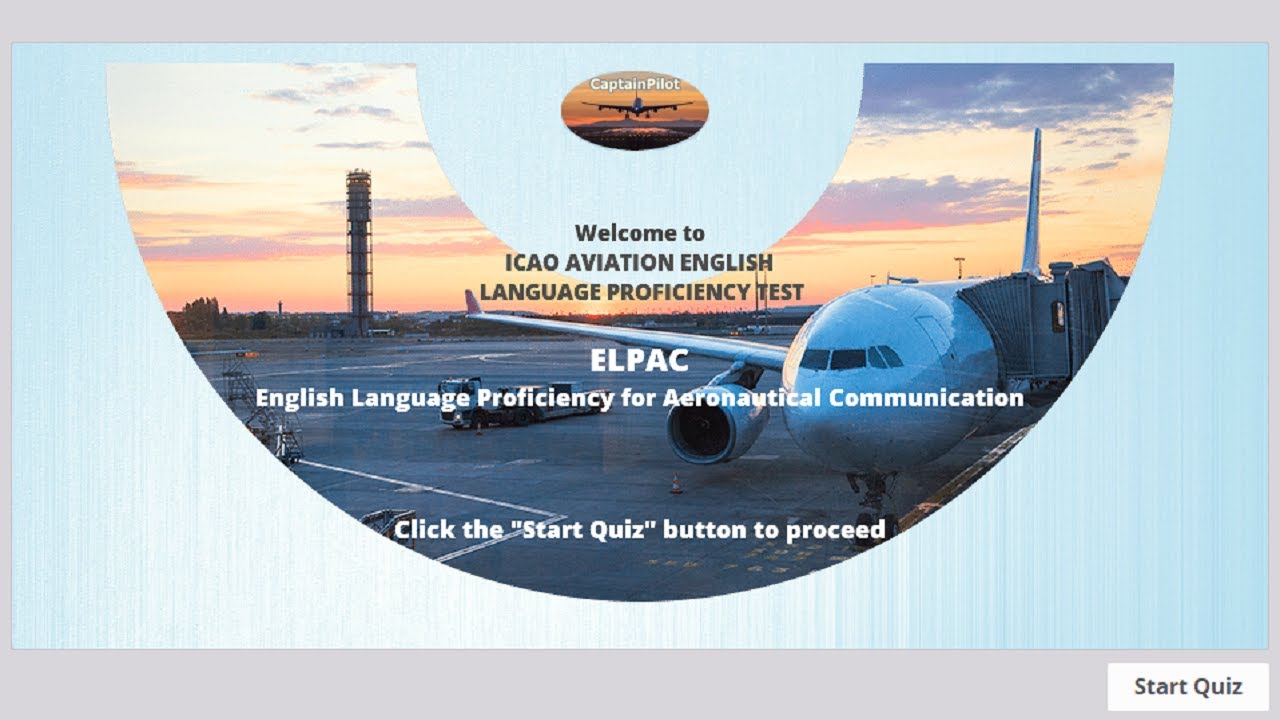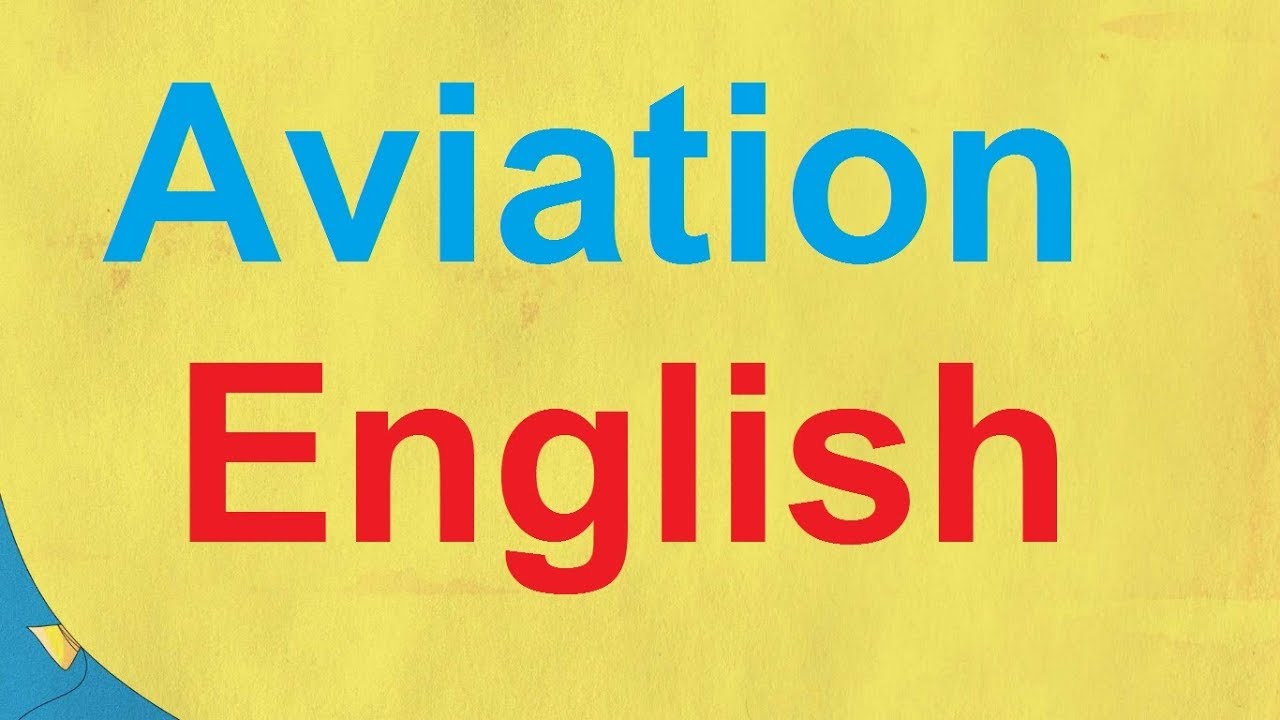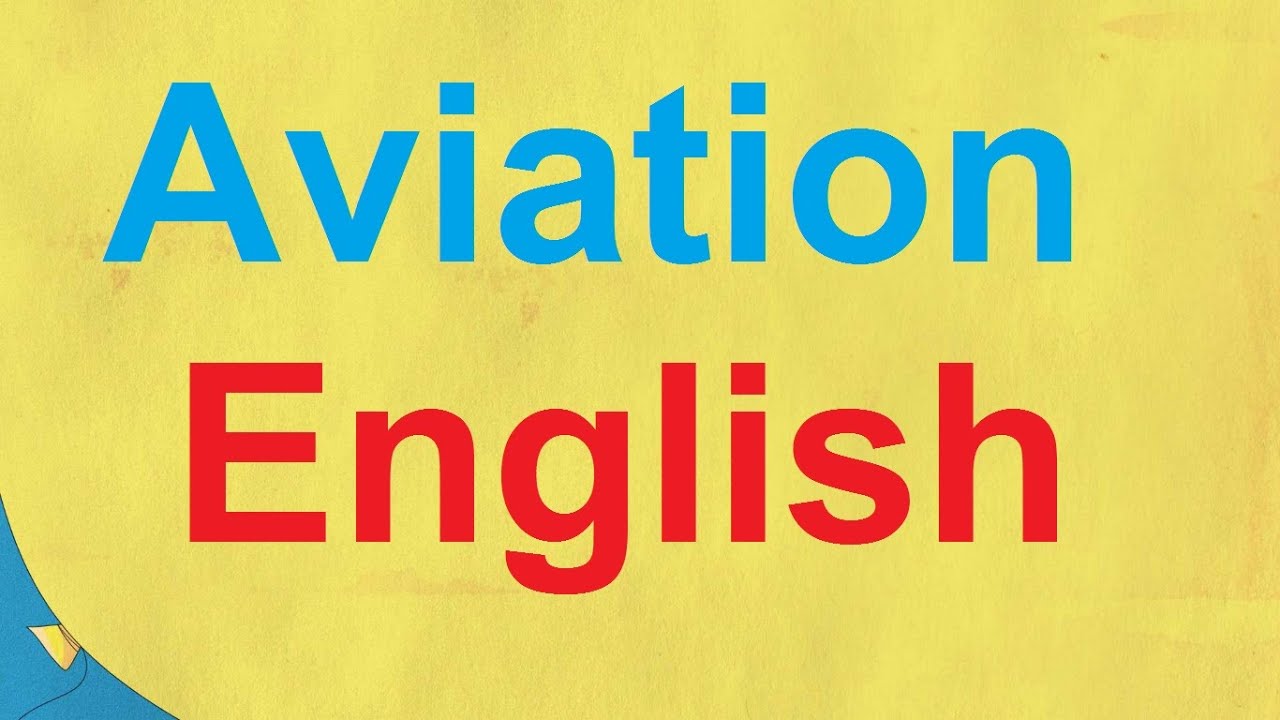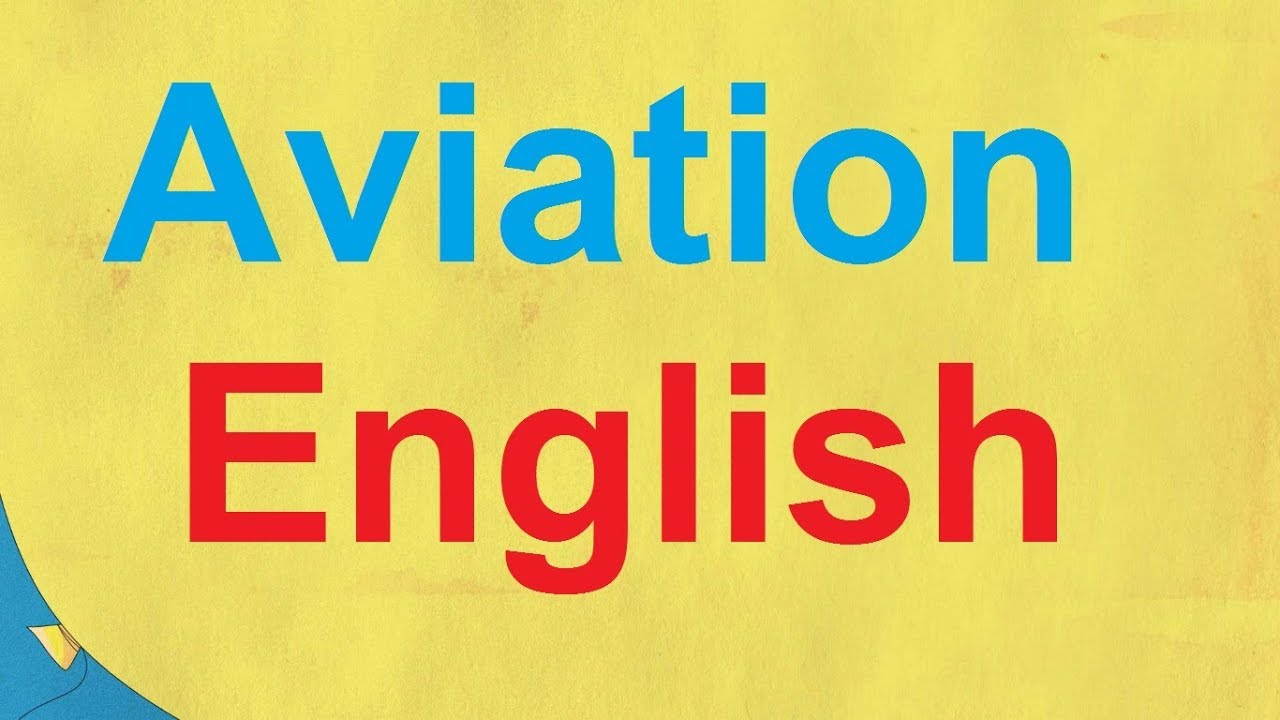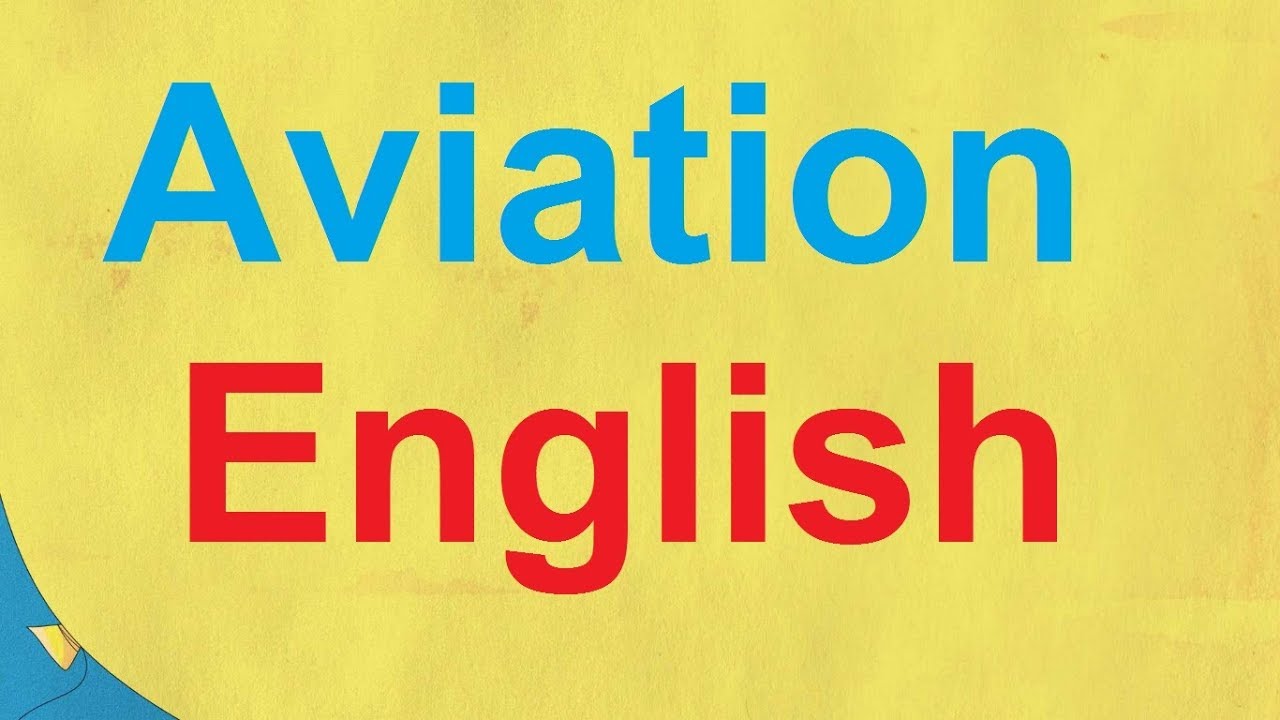ICAO ELP English Test for Pilots Online
ICAO-EASA English Language Proficiency (ELP) Test for Pilots Online
Fly EPT Spain, in partnership with our EASA-approved English Language Assessment Body (ELAB), provides ICAO-EASA English Language Proficiency (ELP) assessing for pilots and Air Traffic Controllers who require ICAO ELP English minimum levels 4, 5 or 6.
The aviation English language proficiency test can be completed either in-person on-site at Son Bonet Airport with our Language Proficiency Examiner (LPE). Or, we can arrange the ELP test ‘online’ over a ZOOM video call.
If you choose to take the test from home, you will complete the ICAO / EASA ELP Test on our virtual platform, using a webcam and microphone in a flexible online environment and this will save you some time and expense. After completing your live audio recorded video call, the Language Proficiency Linguistic Expert (LPLE) will assess and grade your answers and provide you with a final rating. You will receive your result and language certificate within days.
All testing procedures in use are compliant in all respects with the Test Service Provider requirements contained in ICAO Doc 9835 ‘Manual on the implementation of the ICAO Language Proficiency Requirements’, EASA Part FCL.055 including related FCL.055 (d), published AMCs 1, 2 and 3, and Commission Regulation (EU) No 2015/340.
Cost
The ELP Test, initial or revalidation, can be flexibly scheduled at very short notice (over ZOOM or in person), and costs:
€ 170

Flight Radiotelephony Operator's Licence for PPL Students
The EASA English Language Proficiency (ELP) test for pilots and Air Traffic Controllers (ATC) is an assessment mandated by ICAO to ensure pilots and ATC can communicate effectively in English, in particular, in radiotelephony (RT) communications.
The FRTOL is an essential part of your PPL. In order to exercise the privileges of your well earned PPL you will need to obtain a Flight Radiotelephony Operator’s Licence (FRTOL).
In 1951, ICAO recommended to all participating states that English shall become the international aeronautical radiotelephony communications language. Like it or not, English is the de facto international radio language of the skies.
ICAO has therefore made it a mandatory requirement for licensed pilots (Aeroplane, helicopter, airship) and Air Traffic Controllers who are required to operate aircraft radiotelephony (RT) communications to be examined in the use of the language in which they make their radiotelephony communication transmissions, and operators will need to meet a certain minimum level of proficiency.
Pilots shall NOT exercise the privileges of their license(s) and rating(s) unless they have a language proficiency endorsement on their licence in either English or the language used for radio communications involved in the flight.
The requirement for the ICAO Language Proficiency Test is applicable to all ICAO member states.
This includes licensed PPL pilots operating outside of controlled airspace.
Pilots who can NOT demonstrate English language proficiency to an acceptable ICAO minimum level of 4, 5 or 6, on a rating scale of 1 to 6, will NOT be able to fly outside their native country. Achieving ELP level 1, 2 or 3 means you can NOT fly internationally or inside controlled airspace.
ELP level 4 includes written proficiency.
Pilots holding national PPL (NPPL) licenses are excluded from any requirement to demonstrate English competency.
Pilots who can demonstrate ICAO ELP Level 4+ will be issued with a Flight Radiotelephony Operator’s Licence (FRTOL) and will be able to fly in accordance with the privileges of their license outside their native home country.
Achieving ELP level 4, 5 or 6 means you can fly worldwide across international borders and you can fly inside controlled airspace (CTA) in your home (licenced) country, including all other EASA countries for EASA licence holders.
Follow Captain Joe here
How often is ICAO aviation English tested?
How often you need to be reassessed depends on your level and licence.
Level 4 (Operational) must be reassessed at least once every four (4) years
Level 5 (Extended) is tested at least once every six (6) years
Level 6 (Expert) does NOT require a reassessment and is valid for life
After completion of the aviation English test the candidate's licence will be endorsed with an ELP proficiency level.
ICAO English Language Proficiency (ELP) level 4 (Operational) is the mandatory minimum required proficiency level for radiotelephony communications and generally for professional employment within the aviation industry.
Levels 3 (Pre-Operational), 2 (Elementary) and 1 (Pre-Elementary) all describe a proficiency level below ICAO ELP requirements, and are considered a fail for commercial pilots and require a retest.
Levels 5 (Extended) and 6 (Expert) describe ICAO ELP levels of proficiency more advanced than the minimum required standard.
What to expect in the ICAO EASA English language proficiency test
Firstly, be reassured that the English test will be tailored to your aviation experience level. PPL student pilots taking their first ELP test will be asked more simple and generic introductory questions.
The way the ICAO English test is conducted can vary with each country’s aviation regulatory authority. A test used in one country can be completely different to a test given in another. Although the tests may vary, the standards that are measured are nearly identical in order to comply with ICAO English standards.
The ELP test will be recorded on audio or video media for subsequent rating. All notes and recordings are confidential and will be treated according to the applicable law on the Protection of Personal Data.
The aviation English test will last approximately 45-60 minutes and is normally conducted on a one-to-one basis between the applicant and examiner. The ICAO ELP test will be broken down into the following sections:
Questions
A one-on-one conversation with the examiner, with up to 18 questions being asked, randomly selected from a question bank
The examiner may ask questions about the applicant’s flying career and work-related topics, about the candidate's aviation background, training and career motivations. You will be expected to to be able to speak about your flying career so far. The ELP examiner will ask you some general related questions, for example: -
(a) General questions
- Why did you decide to become a pilot ?
- What initially drew you to aviation ?
- What is your favourite type of airplane to fly ?
- Describe your first solo flight ?
(b) Technical questions
- What are the necessary checks to be performed before a flight ?
(c) ICAO phraseology, spelling the ICAO phonetic alphabet and numbers
(d) ATIS comprehension and radio communication
Listening Comprehension / Questions & Respond (Audio comprehension)
This is a role-playing scenario where the applicant listens to an audio recording (with no visual contact). Typically, based on the scenario created in the online test module, you will perform a simulated ATC communication with read back of which some are taxi clearances and others are flight level changes. It is recommended that you have a pen and piece of paper ready to take notes of the ATC clearances. You will be expected to answer specific questions related to the audio content and you will be asked to talk about what you have understood from the recording. You will hear each recording only once. It is important that you answer in full and cohesively using longer sentences, and NOT only with “Yes” or “No” or very short sentences. Remember, it is your language skills that will be evaluated and not the content of what you say. Factual errors (for example, incorrectly identifying a plane type), will NOT negatively affect your rating.
Examples of what to expect can be viewed in these selection of videos:
Communications between Air Traffic Controller and Pilot
Practicing Handling an aviation emergency
(e) Image description
Questions about Image Descriptions of aviation pictures
Multiple randomly selected photos will be presented to the applicant showing an image on an aviation topic, either depicting a typical routine operational day or perhaps the scene of an aircraft incident / accident. The language assessor will ask you a series of questions related to the aviation scene and you will be expected to speak about a specific theme. Simply use as many words as possible to describe what you see. The assessor is listening to your vocabulary, structure and pronunciation. You will not be asked any complicated technical questions and you will not be tested in knowledge. You will have 20 seconds to look at the photograph before you are asked to start. Duration of the video call will be approximately 15 minutes. Typical examples of images that you can be asked to describe can be seen in these videos. The type of picture that you will be shown will be tailored to your experience level.
Description of aviation pictures - General
How to describe what you see in aviation-related photos
General information about the English language test
- The exam questions are individually tailored to the examinee.
- The language examiner only tests language ability, not subject knowledge. Although you are being tested on your understanding of a question so if you get a question and you are unsure of the answer, simply answer to the best of your knowledge. For example, what is the difference between Vx and Vy? You will be expected to at least talk about climb gradients, and if you cannot remember, you need to explain why.
- Do not worry if you think you have failed to answer a question or an ATC read back. We are using all your answers and read backs to evaluate your proficiency and one failed or short answered question will not necessarily affect your grade.
- In the exam, the examinee will NOT be asked any written questions or questions on grammar. Only the following six (6) linguistic competencies are evaluated, which are briefly limited to listening, understanding, rendering and speaking.
• Pronunciation - to speak English with a dialect or accent that is easy for the listener to understand.
• Structure - grammatical structures and sentence patterns.
• Vocabulary - speaks accurately and efficiently using the correct words.
• Fluency - the continuous flow and rhythm of speech.
• Comprehension - to understand and make sense of what is heard.
• Interactions - how well one responds in a conversation. This may include checking, clarifying, or confirming information if necessary.
Test results
Your answers will be assessed and rated according to the ICAO standard:
ICAO LANGUAGE PROFICIENCY RATING SCALE - Expert, Extended and Operational levels
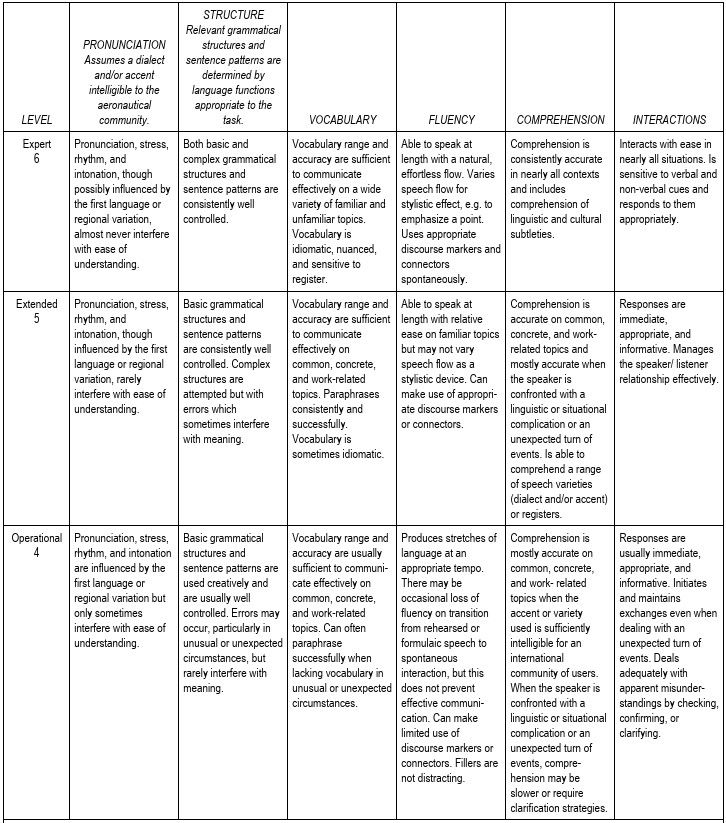
Operational Level (Level 4) is the minimum required proficiency level for radiotelephony communication.
Levels 1, 2 and 3 describe Pre-elementary, Elementary, and Pre-operational levels of language proficiency, respectively, all describe a level of proficiency below the ICAO language proficiency requirement.
Levels 5 and 6 describe Extended and Expert levels, at levels of proficiency more advanced than the minimum required Standard.
As a whole, the scale will serve as benchmarks for training and testing, and in assisting candidates to attain the minimum required ICAO Operational Level (Level 4).
ICAO LANGUAGE PROFICIENCY RATING SCALE - Pre-Operational, Elementary, Pre-Elementary levels
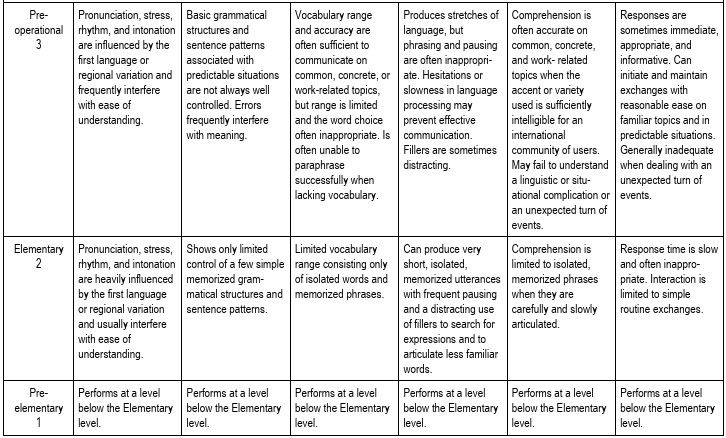
FAQ
Why do pilots need to do an ICAO-EASA English Language Proficiency (ELP) test?
Safety is number one in aviation. A slight misunderstanding between pilots and air traffic controllers during radio communications is an obstacle that could effect the meaning of a message, leading to severe consequences. Language barriers resulting in miscommunication have proved to be a contributing factor to numerous aircraft incidents and accidents. Introducing English proficiency requirements to demonstrate adequate operational knowledge of English is an extra layer of safety, as it reduces the chances of misinterpretation. Effective communication in English is necessary to become a professional pilot and requires training, continuous improvement and periodic re-assessment for non-native English speakers throughout their piloting careers.
How should I prepare for the ELP test?
Please remember: this is a language test and NOT an aviation-knowledge test. A language is something that people learn over the course of many years, and not within a weekend training course. This is what makes language proficiency testing different from other aviation tests.
How is the ELP test result established?
You take the language test with an examiner, also called the operational expert, or LPE, who will assign an initial rating.
A linguistic expert (also called LPLE) will then listen to the voice recording of your test and will also assign a rating and a level of proficiency.
The LTB performs a final check - in case of differences between LPE and LPLE and it also assigns a third rating.
Each category is graded on a proficiency scale between 1-6 (1 being the lowest). The lowest score determines the final ICAO English rating. For example, an applicant may be scored 4 for every category except comprehension where they scored a 3. As a result, the applicant will receive a final rating of 3. The international standard to be English proficient is level 4 or higher.
The LTB will send the results to you and the licensing authority within 3-6 days.
Why is there no period of validity for level 3?
Level 3 or below does not allow you to fly at all - apart from inside your native country with conditions - therefore, it has no period of validity. Level 3 will not be endorsed on your licence. Scores 1-3 are considered a fail and pilots are required to retest.
Is the ICAO level 6 valid for an unlimited period?
Right now - yes. The period of validity for pilots with ELP level 6 is still unlimited.
EASA, however, has already put a limit on the validity for air traffic controllers' with ELP level 6 which is now restricted to 9 years.
Will every EASA country State of Licence Issue (SOLI) accept an ELP certificate in order to qualify for a Radio Licence?
No. Not every EASA country member state will accept an English Language Proficiency (ELP) test for the issue of a Radio-Telephony (RT) licence.
The following EASA countries require a separate RT exam in order to qualify for a Radio (RT) licence: -
✈︎ Austria ✈︎ Belgium ✈︎ Czech Republic ✈︎ Denmark ✈︎ Germany (DFS) ✈︎ Italy ✈︎ The Netherlands ✈︎ Malta ✈︎ Sweden ✈︎ Switzerland
To apply for an RT radio licence from one of these listed EASA country State of Licence Issue (SOLI), candidates need to apply for a GEN radiotelephony certificate through a training organisation (ATO) that is approved by that country's competent Civil Aviation Authority (CAA).
If a candidate chooses to complete an ELP test for the issue of an RT licence, they must apply for the issue of a Part-FCL licence to another EASA country SOLI which is not listed herein, and once the RT licence is issued, they can then subsequently transfer their Part-FCL licence to any other EASA country member SOLI.
I am English. Do I need to take the Aviation English test?
Yes, everyone needs to take the aviation English test
How many Pilots score ELP Level 6?
Statistically, on average: -
- 60% of non-native English-speaking pilots and air traffic controllers have ICAO level 4 English
- 34% have level 5
- 6% have level 6
References
Regulation 1178/2011:
FCL.055 Language proficiency - the regulation
AMC1 FCL.055 Language proficiency - the assessment
AMC2 FCL.055 Language proficiency - the rating scale
AMC3 FCL.055 Language proficiency - specific requirements for holders of an IR or EIR
Appendix 2 - Language proficiency rating scale - expert, extended and operational level
ICAO Doc 9835 - Manual on the Implementation of ICAO Language Proficiency Requirements
ICAO Doc 10197 Test Design Guidelines: Handbook on the Design of Tests for the ICAO Language Proficiency Requirements
ICAO EUR Doc 046 Guidance on the Harmonized Implementation of Language Proficiency Requirements and its Oversight
CAP 413 Radiotelephony Manual
Safety Sense 22 - Radiotelephony for general aviation pilots
CAP 2325 - Guidance for FRTOL Practical Test Candidates
CAP 2118 - FTROL Examiner Manual
Application Form - Application for a language proficiency endorsement
Download Austro Control form: Application for a language proficiency endorsement here
Pilots applying for the initial issue of an EASA Part-FCL licence for Aeroplanes must demonstrate the appropriate level of language proficiency. This may be notified to the EASA country state's licencing authority (that you choose) by completion of a PPL examiner's skill test report form (ref: pg.5) or through an approved language school, using form: application for the Flight Radiotelephony Operator's Licence (FRTOL) - Issue or Renewal (downloadable from your EASA country state licencing authority)
ICAO / EASA English Language Proficiency (ELP) Test - Videos
If English is NOT your native language, here are some useful aviation English videos you can listen too to help you improve your aviation English
English for Aviation 1
English for Aviation 2
English for Aviation 3
English for Aviation 4
English for Aviation 5
